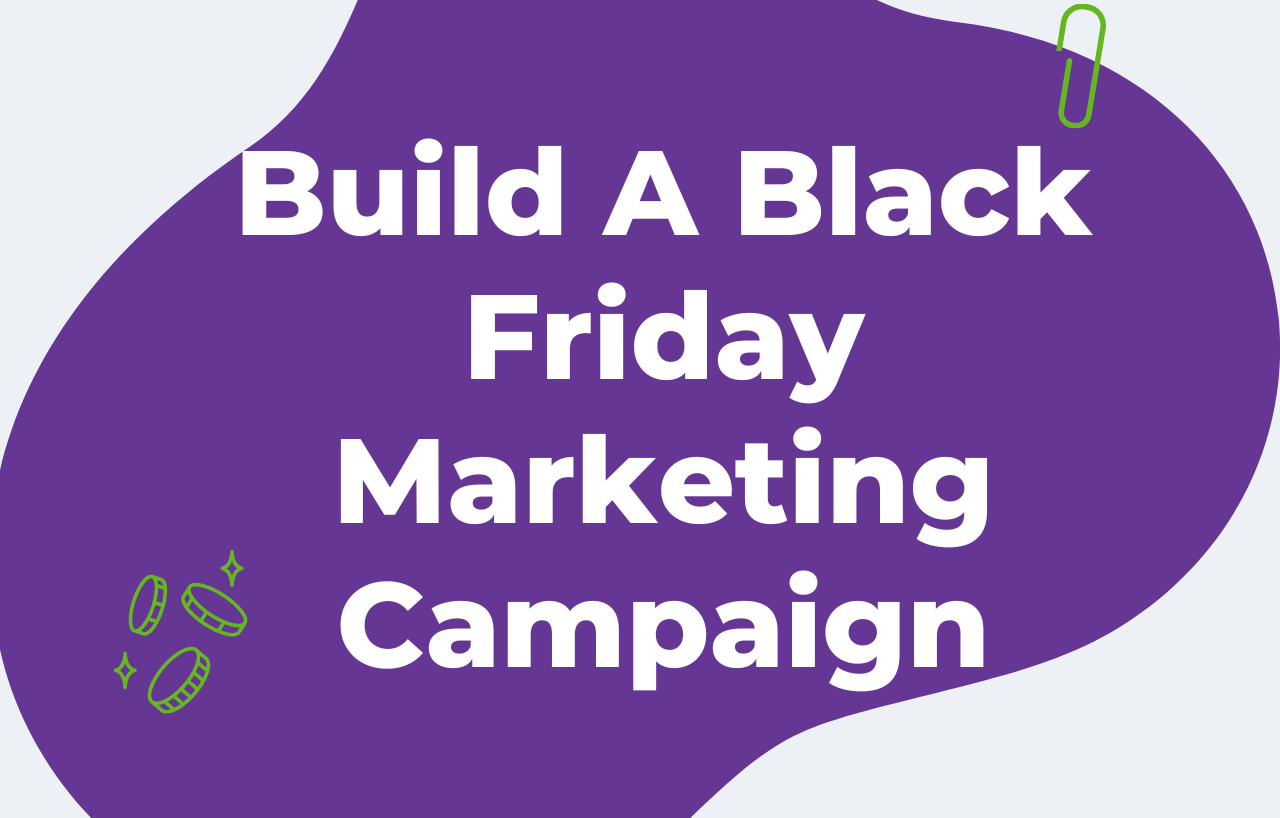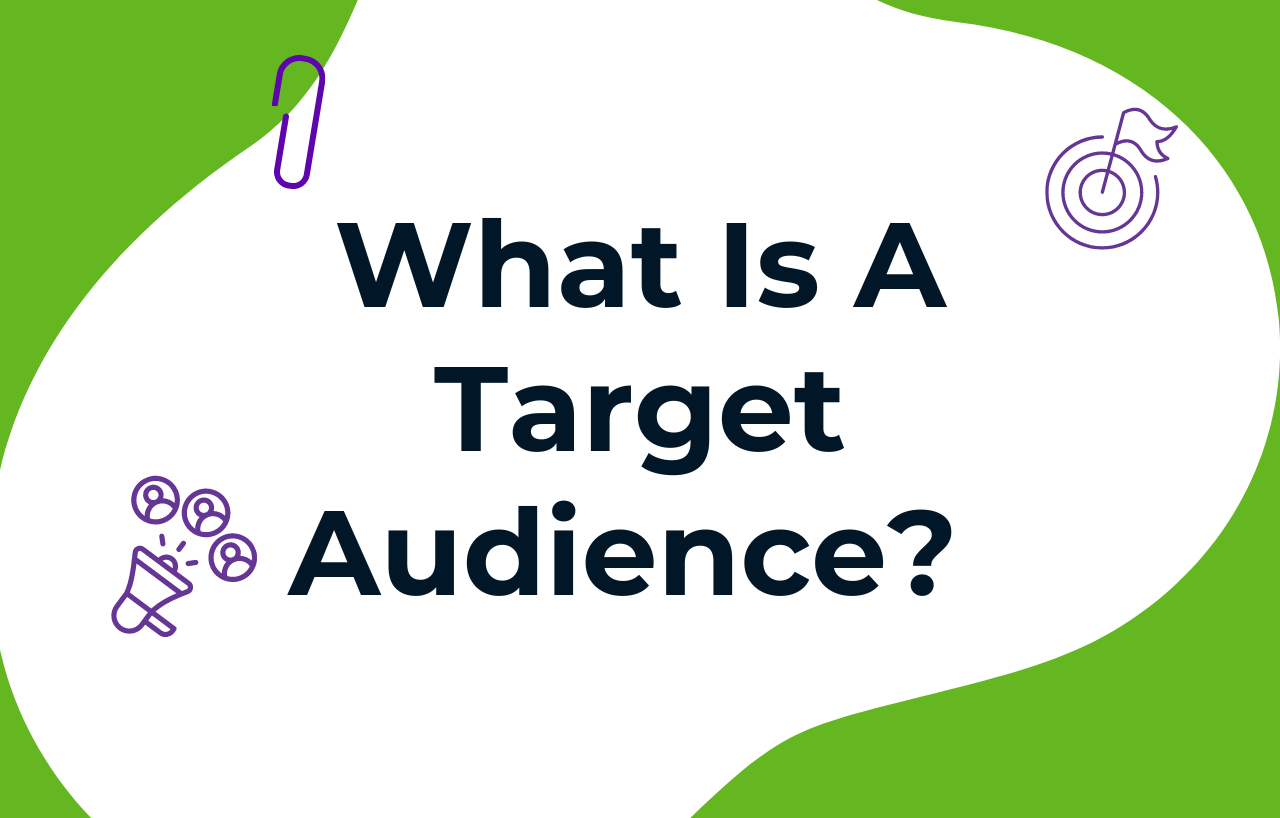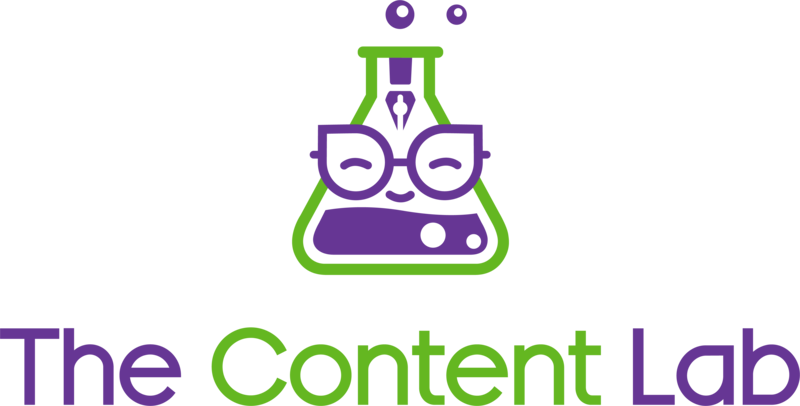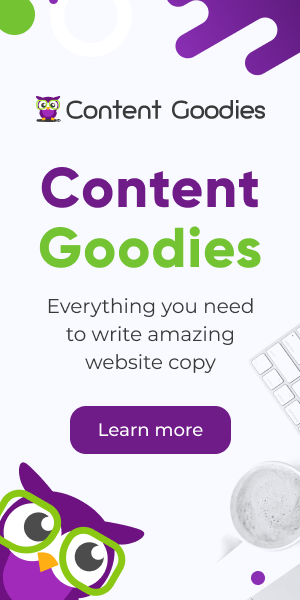All of our content is researched and written by human writers. No AI here!
One of the main reasons I personally love writing content so much is the opportunity to explore and express my creativity through my work.
I sometimes indulge myself in a bizarre tangent or make an obscure reference (just read my other blogs in The Content Library to discover the inner workings of my chaotic brain). But, I’m always conscious of the language I use – even when I’m letting my imagination roam free!
As a content writer, it’s my job to be mindful of who I’m speaking to and how I communicate with them – and language plays a massively important part in that.
Many people (professional writers or otherwise) feel the need to write in a certain manner when communicating in a specific medium, because they think that’s what’s expected of them.
Take email, for example. Why do people tend to use such formal language? Sure, it’s totally warranted if you’re in an industry that requires that of you – like the medical, legal, or financial worlds. But why are we signing off “yours sincerely” on emails to the same colleagues we’re about to send a Sexy Squidward meme to in Facebook Messenger?
We seem to have created weird unspoken rules around specific types of written communication, and online content has certainly not escaped this language phenomenon.
Why do we feel the need to flaunt the full extent of our vocabulary in online content?
It’s not uncommon to open up a website or blog, get about three sentences in, and end up switching over to the dictionary tab just to understand what in the world they’re talking about.
What are the reasons behind our overly-verbose tendencies when it comes to website copywriting? (Hypocrite alert using the word ‘verbose’!)
- Wanting to appear “smarter” or more professional
- Trying to make more of an emotional impact
- Hoping to connect with a more sophisticated audience
- Believing it’s more in line with brand personality
- Finding it more creatively satisfying
- Enjoying the aesthetic appeal of this kind of writing
That’s all well and good. But listen, we’re trying to write online content here, not the next great romantic literary piece of the 21st century.
Of course, I’m not judging your choice of vocabulary. But, there’s a time and a place for everything – and I’m not so sure flowery language has a valid place in the majority of online content.
Let’s explore that a little.

What is the impact of using complex language and vocabulary when writing online content?
Sure, you might come across all broody and mysterious like the love-interest writer in a 90s romcom (I confess, sometimes I like to dress as Colin Firth’s character in Love Actually). But unless that’s the actual goal, you might want to rethink your choices.
If your website text is full of abstract terms, meandering paragraphs, and words so long you need a masters degree just to read them, it might actually do more harm than good to your website’s performance and brand perception.
Here’s why:
- It can alienate your target audience: If your audience can’t understand what they’re reading, they’re not going to feel welcome in your online space.
- It makes information more difficult to access: Written content is for everyone, and using complex language stands in the way of that.
- It seems like you’re trying too hard: Describing your business in over-the-top terms can seem a little show-offy – which no one likes!

You’re not going to be for everyone – that’s just life. But you can at least ensure that your content is for everyone, meaning it’s written in a way that’s easy for as many people as possible to read and understand.
Think about it from your own perspective. You’ve just met a new person who works in a different industry. Instead of describing what they do in simple terms, they choose to talk about their work in obscure jargon that not even their own colleagues can fully understand. It’s pretty annoying, isn’t it?
I’m not saying we should only ever speak in plain terms. But when you’re trying to get information across to a general audience, it’s better to steer on the side of simplicity if you really want to connect and avoid coming off a little pompous.
Why writing in simple language is better for you and your target audience
If you’re worried that using simple language in your company website might make you seem less qualified and negatively impact your credibility as a professional, I get it.
You’re the best at what you do – and you want your website to show just that!
But thankfully, we’re the experts when it comes to content writing, and we know exactly how to help you position yourself as the star that you are through your website copy.
So, let’s take a look at why writing online content in plain language is better for you and your business overall.
1. It puts content accessibility at the forefront of your work
The language you use can directly impact someone’s access to information, which is what makes proper content writing important. It’s crucial to create a fair and equitable online space, and your content plays a significant role in this.
Writing in plain, simple language will make it easier for people at different reading levels to understand your content – which is absolutely fantastic!

And content accessibility affects more people than you might think. Did you know that many people with visual impairments and learning disabilities use Assistive Technology (AT) to help them read?
These technologies scan online text and convert it into audio, and to be able to do that, the information needs to be clear, simple, and to the point.
So, if your website text or blog content is jam-packed with fruity adjectives, overly-technical terminology, and descriptive terms, these people won’t have the same access to your content.
For more on writing accessible content, read this fantastic and informative blog from the wonderful Riley 🙂

2. It makes information easier to scan and remember
You’ve put a ton of time and effort into lovingly crafting your website text. So much, in fact, that it reads a little more like a novel than an informational website.
But do your site visitors really have the time to read all that? Sadly, they don’t – and they won’t!
Most people will only read between 20-28% of your website’s text, so unless they can find what they’re looking for in that space, you’re out of luck.
While you might think writing super long, descriptive paragraphs to describe your products or services is the best way to attract an audience, it’s actually the opposite that’s true.
Using to-the-point language that’s clear and direct is the best way to grab your reader’s attention right from the get-go, making it super easy to scan your website for vital information.
We’ve gotten used to getting what we want when we want it in the online world. On top of making it faster and easier to find information, simple language also makes your website easier on your audience’s shrinking attention spans.
People are far more likely to digest and remember information from your website if it’s presented to them in a straightforward way.
3. It allows for global reach
We know by now that keeping people with visual impairments or learning disabilities in mind when writing content for your company website is key. But, it’s also important to bear your international audience in mind.
It’s true, the internet has complicated life in many ways. But one way it has undoubtedly improved things for the world is by allowing us to be so closely interconnected, opening up the immediate potential for your business to reach people around the world that you simply couldn’t reach on your own.
Many of your target customers could be located in different countries, or they might be non-native speakers, meaning they might have difficulty understanding your flowery choice of language.

Sure, Google Translate is a thing. But is it going to correctly interpret your local slang or extremely specific terms correctly for your international readers? Probably not.
Tear down the language barrier and open up the possibilities to connect with an even broader audience by using language that’s easy for basic English speakers (or online translation tools) to understand and watch your business go global, baby!
4. It builds trust with your readers
You might think using complex terms to describe how you do business will make you seem more professional. But, it might actually raise a few alarm bells for your audience.
When readers can clearly understand what you’re communicating, they’re far more likely to connect with you on a human level, ultimately making it easier for them to trust you, your expertise, and how you can benefit them.
You don’t need me to tell you that it’s getting more and more difficult to know which sources you can trust online – and to a stranger, your business is no different!
That’s why it’s super important to focus on clear, concise communication to establish credibility and increase your chances of converting visitors into customers.
You can still come at your content from interesting angles without totally mystifying your audience by speaking in riddles. (Unless your target audience is witches and wizards, of course.)

5. It makes it easier to repurpose your content
You know what really makes you seem like a pro?
Consistently publishing high-quality content that attracts and engages your target audience – that’s what!
Listen, as professional content writers, we totally understand that’s not always as easy as it sounds.
Sometimes you’re up to your eyeballs in client work (yay!) and you simply don’t have the time to dedicate to writing a new blog post or posting on social media. Other times, you’re staring at a blank document as the gruesome grip of writer’s block takes hold.
Either way, you can’t always make it work. It’s just how it goes!
But what if I told you there was another way? Not only that, but you already have the solution under your belt, just waiting to be tapped into.
Repurposing existing content is a total game changer when it comes to getting consistent with your content marketing efforts.
When you’ve already got a wealth of engaging content published online, why not extend its lifespan by using it across other platforms in a way that makes sense and serves your audience?
Blog posts are a treasure trove of valuable content nuggets. Simply take an interesting section of text and use it to post on social media. That’s your next post sorted!
You can also make an old blog post evergreen by updating it with relevant information and keywords to keep it ranking on search engines and driving organic traffic to your website.
And clear, straightforward language is at the foundation of reusable content.
I’ve gone into more detail on thoughtfully reusing content with some additional repurposing ideas in this blog, if you’re interested in learning more on the subject.
6. It ranks higher on search engines
When you’re writing articles or any kind of website content, you want it to perform well online.
Well, search engines are looking for the same thing as your audience.
Think about it. Your target audience is using specific terms to search for your products or services online. Search engines recognise these high-volume searches as important keywords and rank online content accordingly.

If you’re using abstract terms to describe your business online, your website is going to get lost in the depths of search engine results pages. So how are your ideal clients supposed to discover you?
Writing your content in a way that your audience is already familiar with by using relevant keywords and optimising for local SEO, your content is naturally going to rank higher on Google and start reeling in organic traffic, too.
So don’t waste your time getting overly-technical about what you do. Simply pepper those juicy local keywords throughout your content, and you’ll start to see results.

7. It helps you streamline your content writing process
The creative process can sometimes equate to chaos. And while it’s always important to allow those ideas to flow when they come, having no consistent process can sometimes be the thing that puts you off sitting down to write in the first place.
Focusing on clear messaging and simple language is going to make the writing process a whole lot easier for you. You’re more likely to get into a good writing groove when you’re not sitting around pensively, quill in hand, trying to come up with a metaphor to describe your client’s dog grooming business.
Having a straightforward, streamlined process helps you:
- Speed things up across the board
- Improve your writing skills
- Producing quality content more consistently
Consistently producing written material is the best way to progress as a writer and deliver better results to your clients – and finding a process that works for you is the best way to get there.
Need a little help refining your website copy? The Content Lab’s expert copywriters have you covered!
Writing content for the web is no easy task.
Sometimes, it’s better to leave it up to the professionals. We’re a team of professional content writers. Some would even call us nerds. (It’s us, we call ourselves that.)
In a world where so much online content is AI-generated and starting to sound a little one-note, you can count on us to make your business stand out from the crowd with 100% human-generated content that delivers real results.
Ready to reach your dream clients with content that connects and resonates with your target audience?
Get in touch today and let’s make things happen!
Other Posts
 Content Marketing
Content Marketing 5 Steps To Building A Black Friday Marketing Campaign That Works
 Content Strategy 101
Content Strategy 101 What Is A Target Audience? Tips On How To Find Yours
 Content Marketing
Content Marketing 
